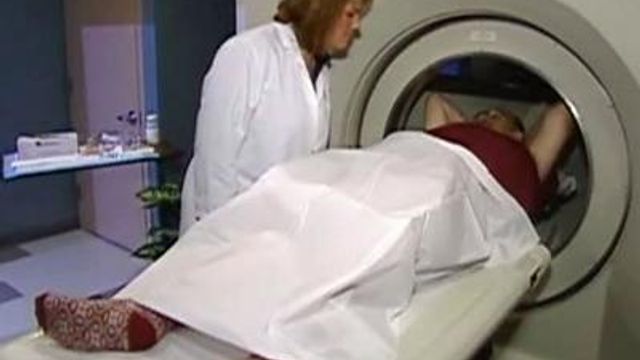Health Team
Stool's DNA could provide early cancer detection
Elusive and deadly, gastrointestinal cancer causes a quarter of cancer deaths, but an experimental, non-invasive test might provide early detection of cancers anywhere in the digestive tract.
Posted — UpdatedElusive and deadly, gastrointestinal cancers cause a quarter of deaths from cancer, but an experimental, non-invasive test might provide early detection of cancers anywhere in the digestive tract.
"Multiple cancers above the colon can be screened or detected with this one common, or non-invasive, approach," said Dr. David Ahlquist with the Mayo Clinic.
Researchers at the Mayo Clinic performed a DNA test on a stool sample to find colon cancer and other cancers higher up in the digestive tract. Researchers found that cancerous genetic material shed from the surface of the cells traveled through the digestive tract.
"This would be a huge step forward to be able to test not only for specific colon cancer, but to pick up other cancers like (those in the) stomach, esophagus and pancreas," said Dr. David Clain, with the Beth Israel Medical Center.
In a small study of 140 people, the DNA stool test found 100 percent of both stomach and colorectal cancers, 65 percent of esophageal cancer and 62 percent of pancreatic cancers.
There is no existing routine screening for most cancers of the upper digestive tract, including pancreatic cancer, which has a 95 percent mortality rate.
Doctors said they don't expect the DNA stool test to replace screenings for specific cancers, such as colonoscopies, but the new method offers new hope for early detection.
Mayo Clinic researchers developing the new DNA test say it is about five years away from being in use.
• Credits
Copyright 2024 by Capitol Broadcasting Company. All rights reserved. This material may not be published, broadcast, rewritten or redistributed.





